Latest Comments
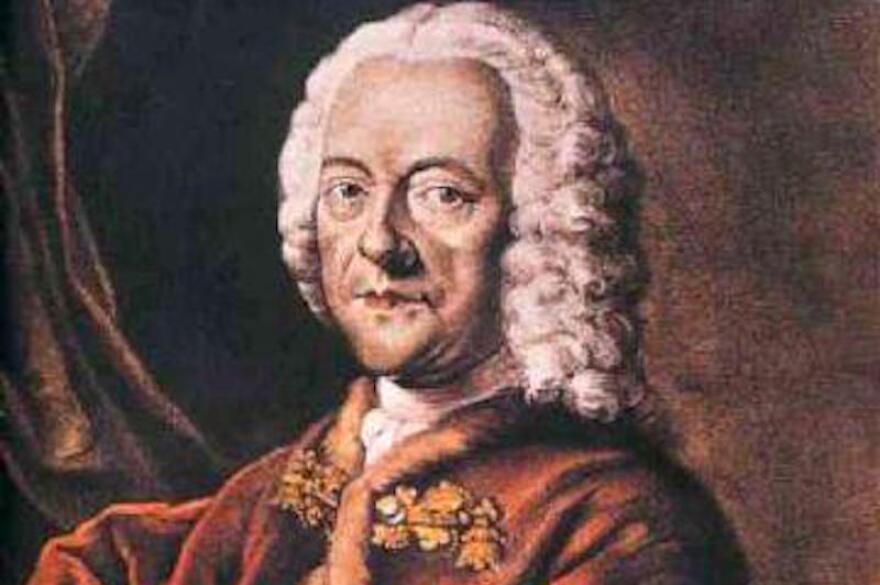
Telemann: A Maestro of Melodies and Master of Baroque Music
In the realm of classical music, few names resonate with as much brilliance and innovation as Georg Philipp Telemann. Born on March 14, 1681, in[…]
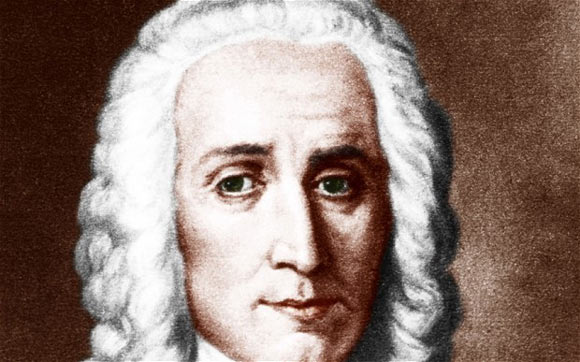
Domenico Scarlatti: Unveiling the Musical Genius
In the annals of classical music, few composers have left an indelible mark on the world as Domenico Scarlatti did. Renowned for his groundbreaking contributions[…]
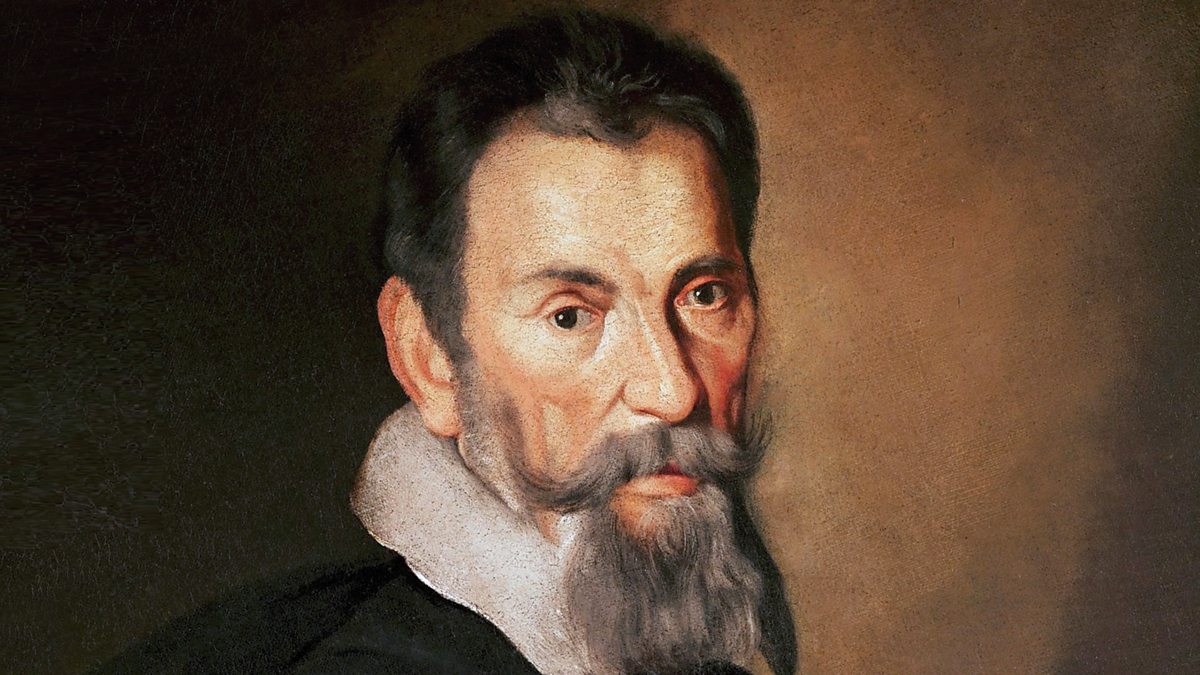
Claudio Monteverdi: A Trailblazer of Baroque Music
In the realm of classical music, there are few figures as influential and revolutionary as Claudio Monteverdi. Born in 1567 in Cremona, Italy, Monteverdi’s artistic[…]

Arcangelo Corelli: A Maestro of Baroque Harmony
In the realm of classical music, few names carry as much weight and influence as that of Arcangelo Corelli. Born in 1653 in the Italian[…]
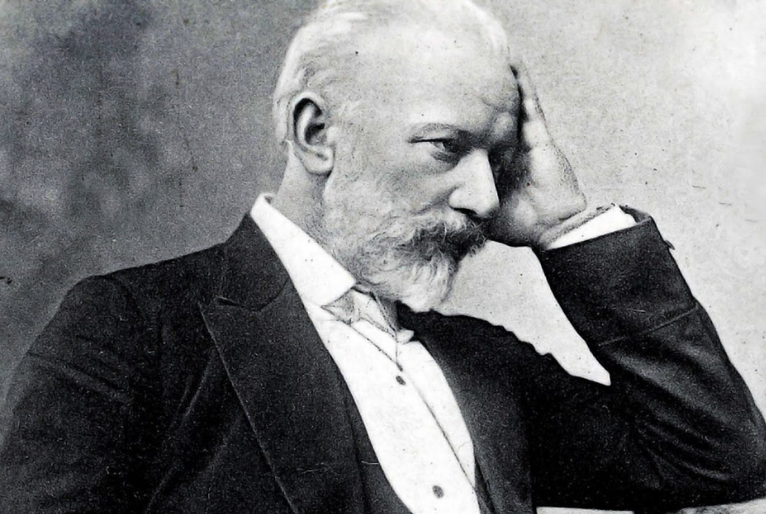
Discovering Tchaikovsky’s Top 7 Compositions
Pyotr Ilyich Tchaikovsky’s music continues to resonate with audiences worldwide, thanks to its emotional depth, lyrical beauty, and powerful orchestration. From the symphonic grandeur of[…]
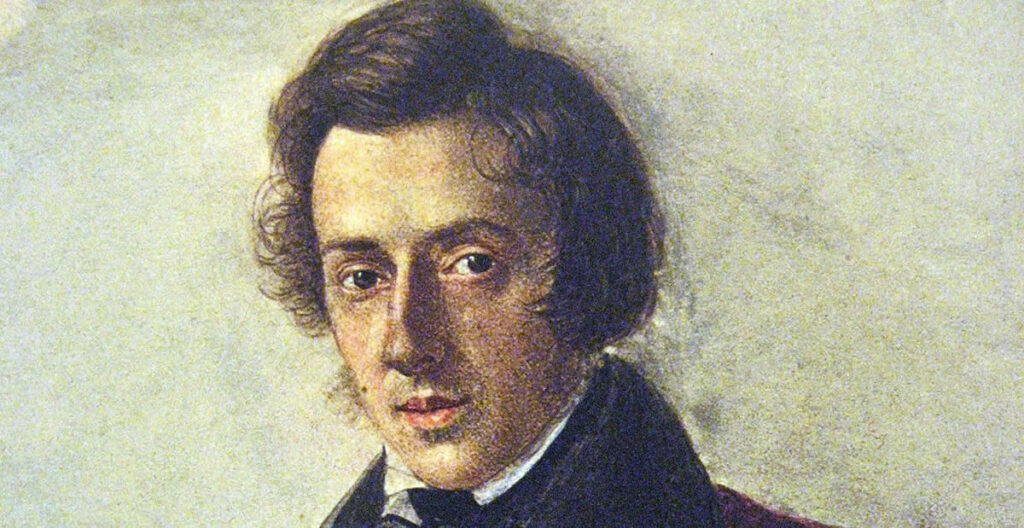
Discovering Frédéric Chopin’s Top 7 Compositions
Frédéric Chopin, the renowned Polish composer and pianist of the Romantic era, left an indelible mark on the world of classical music. His compositions continue[…]
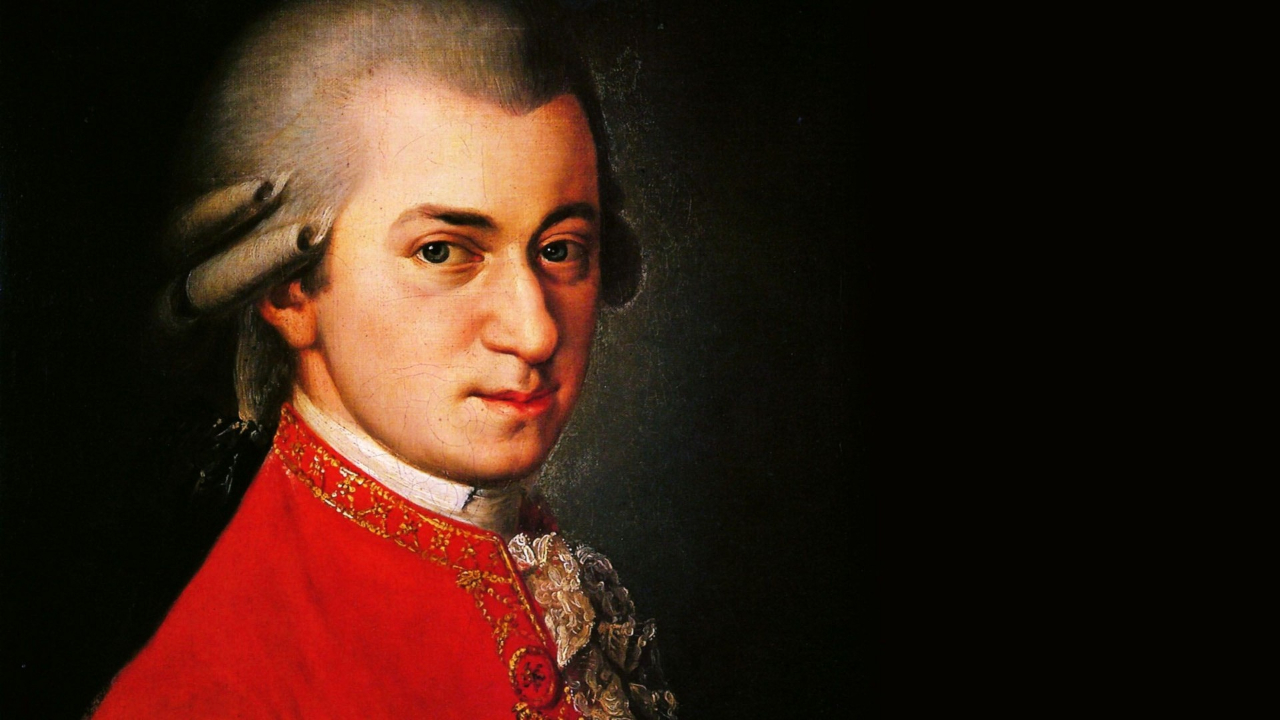
Top 7 Compositions by Wolfgang Amadeus Mozart
Wolfgang Amadeus Mozart, a prodigious composer of the Classical era, continues to captivate audiences with his extraordinary musical genius. His compositions are known for their[…]
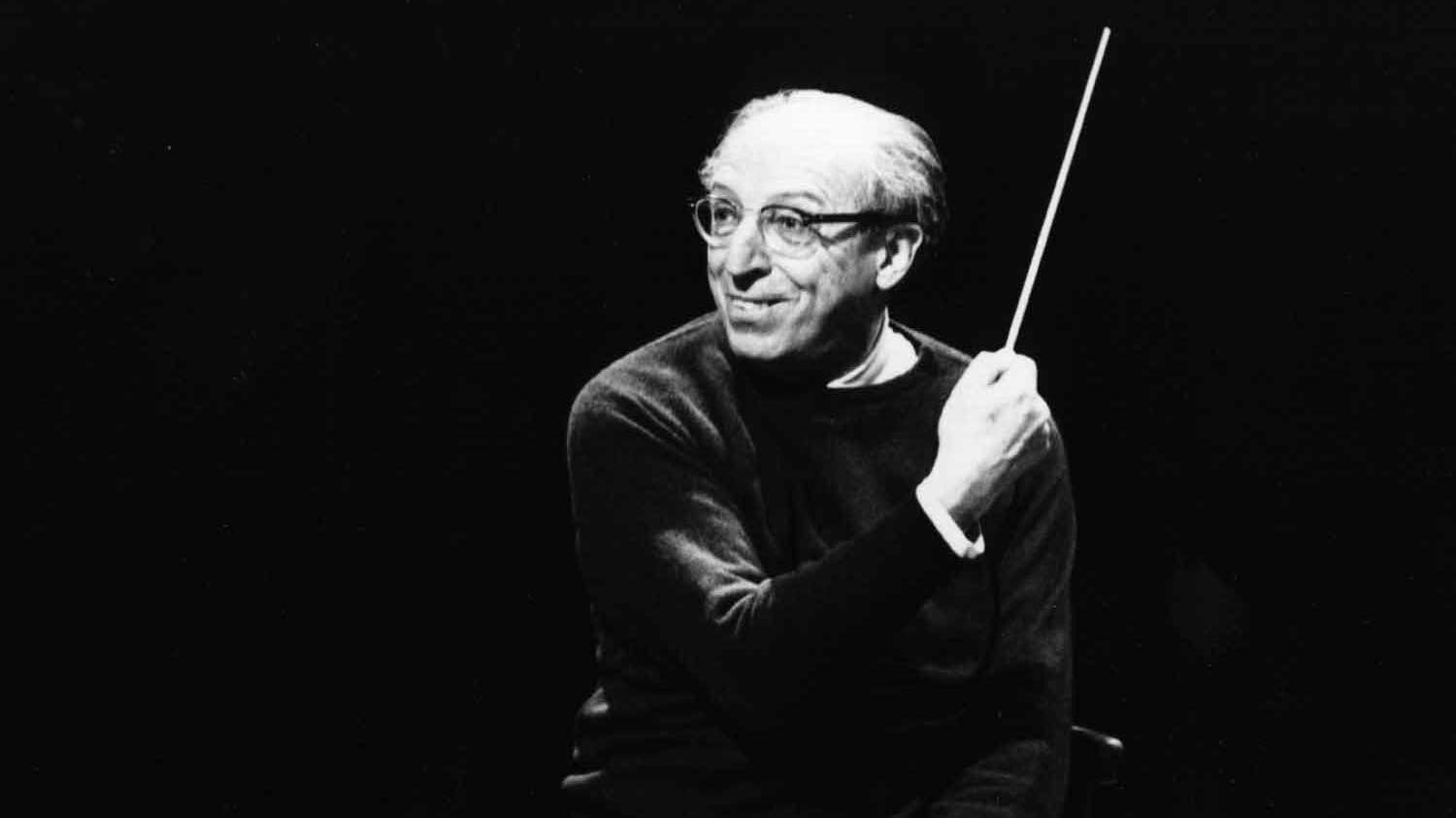
Aaron Copland: The Maestro of American Music
Aaron Copland was born on November 14, 1900, in Brooklyn, New York, to Lithuanian Jewish immigrants. Growing up in a modest environment, Copland’s exposure to[…]
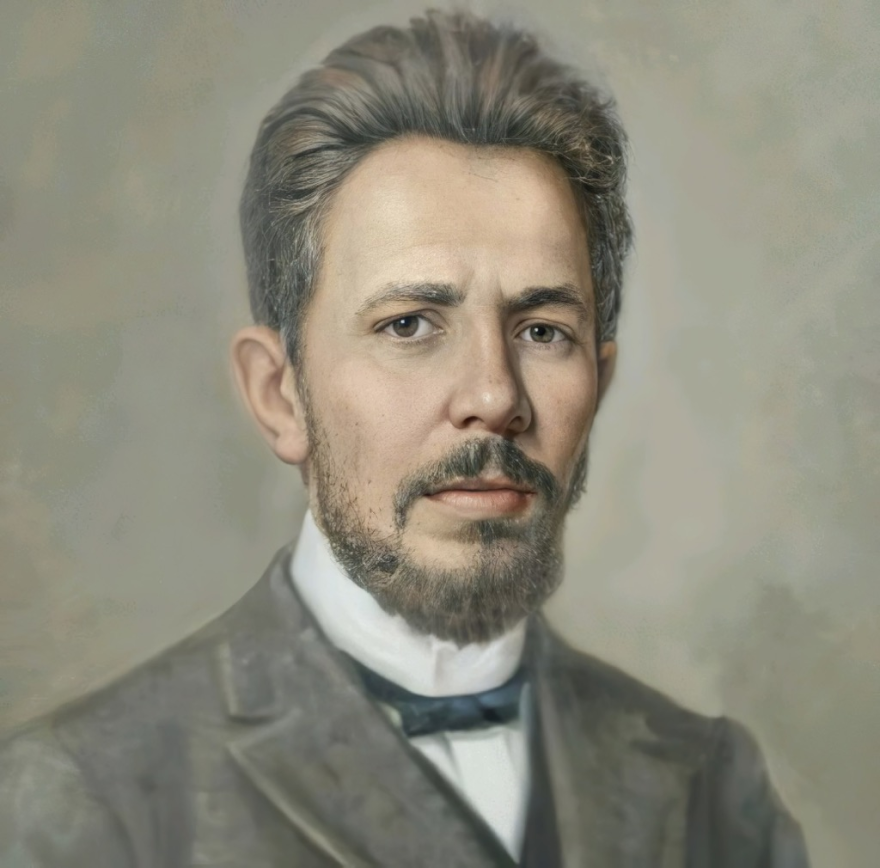
Vasily Kalinnikov: A Musical Journey of Triumph and Tragedy
Vasily Sergeyevich Kalinnikov was born on January 13, 1866, in Voina, a small village in the Oryol region of Russia. Born into a peasant family,[…]
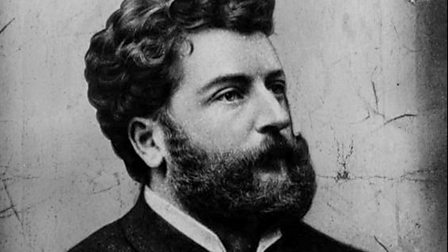
Georges Bizet: The Musical Maverick’s Timeless Legacy
Georges Bizet, a renowned composer of the Romantic era, left an indelible mark on the world of music with his captivating melodies and daring compositions.[…]
© 2025 Top Classical Music. Created with ❤ using WordPress and Kubio